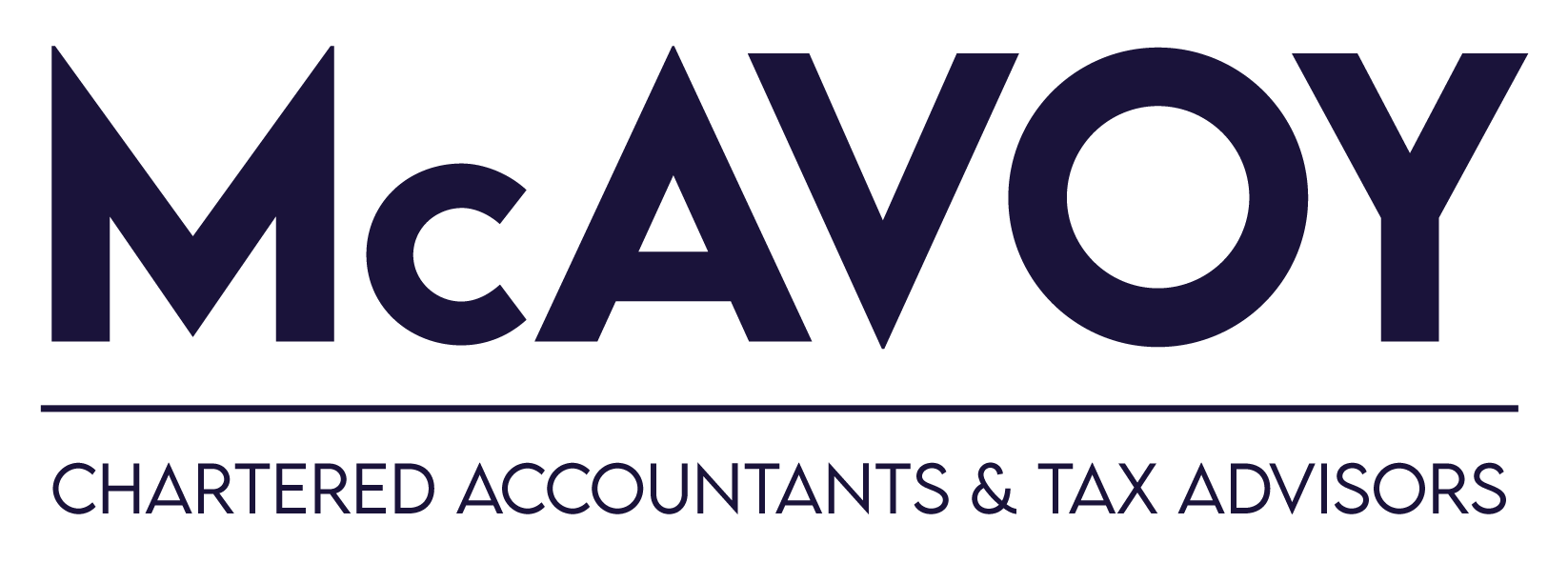Hoping for the best but planning for the worst. Make sure to secure finance in case Brexit goes bad.
Irish business knows a thing or two about borders. Take the case of Clones, once a thriving market town, it saw almost 80% of its trade vanish in the years after 1923. Could its experience be repeated in the event of a worst-case Brexit? While no one knows for sure, one thing is certain, being unprepared is not an option.
Our view is that businesses should not wait and instead should be looking at ways they can adapt their product or service offering so as to enter new markets and help lessen the impact of a hard Brexit.
However this is not easy and it comes at a cost. When finding new markets, issues such as language and culture historically have made the UK an obvious choice. In its absence other English-speaking countries may seem attractive. However these are usually physically distant and will bring their own challenges. The markets that offer the best chance of success may be closer at hand. But these may require a substantial investment both in research time for management and in acquiring staff with the relevant language skills to penetrate the market.
Obtaining solid market intelligence and spending time overseas making the necessary contacts and carrying on deep research will take time and will cost money. These costs will have to be financed. So what are the options?
In recent weeks one source of finance has arrived courtesy of the Strategic Banking Corporation of Ireland (SCBI), the nearest thing that Ireland has to a state development bank. Working with a fund of €300m the SCBI has introduced an affordable financing solution for businesses that need finance to fund innovation, change, future working capital requirements or the adaptation of the business to mitigate the impact of Brexit.
The funding is available through AIB, Bank of Ireland and Ulster Bank. Under the scheme the finance, although only of short to medium term, is said to be easier to access, more competitively priced and offered under more favourable terms than other lending for such businesses.
Here are some details of the SCBI Loan Scheme:
The key features:
- Loan amounts of between €25,000 to €1.5m per eligible enterprise are available (subject to State Aid guidelines)
- The maximum interest rate is 4%
- Loan terms range from 1 year to 3 years
- Unsecured loans of up to €500,000 are available
- Optional interest-only repayments may be available at the commencement of the loan.
- The loan amount and term is dependent on the purpose for which the loan is to be used.
The loans can be used:
- For future working capital requirements
- To fund innovation, change or adaptation of the business to mitigate the impact of Brexit
Who can apply?
Viable micro, small and medium sized enterprises (SMEs) and Small MidCap Enterprises that meet the eligibility criteria
SMEs are defined by the Standard EU definition [Commission Regulation 2003/361/EC] as enterprises that:
- Have fewer than 250 employees
- Have a turnover of €50 million or less (or €43 million or less on their balance sheet)
- Are independent and autonomous i.e. not part of a wider group of enterprises
- Have less than 25% of their capital held by public bodies
- Is established and operating in the Republic of Ireland
A Small Mid-Cap is an enterprise that is not an SME but has fewer than 500 employees
Who cannot apply?
SMEs/ Small Mid-Caps that:
- Are involved in the primary agriculture and/or aquaculture sector
- Are in financial difficulty (excluding cashflow pressures caused by Brexit impact)
- Are bankrupt or being wound up or having its affairs administered by courts
- In the last 5 years have entered into an arrangement with creditors, in the context of being bankrupt or wound-up or having its affairs administered by the courts
- Are convicted of an offense concerning professional misconduct by judgement, fraud, corruption, involvement in a criminal organisation, money laundering or any other illegal activity where such illegal activity is detrimental to the European Union’s financial interests
Eligibility criteria:
SMEs / Small Mid-Caps must satisfy one of each of the following Brexit and innovation criteria:
- At least 15% of the businesses turnover must be derived from exported products, services or raw materials to the UK (including Northern Ireland)
- At least 15% of the business turnover must be derived from imported products, services or raw materials from the UK (including Northern Ireland).
- The combined exposure (of 1 and 2 above) must equate to at least 15% of business turnover.
- The business must be indirectly exposed to the UK (including Northern Ireland) i.e. it must transact business involving products, services or raw materials with an enterprise that is directly exposed to the UK equating to at least 15% of turnover.
Innovation criteria
There is a range of Innovation criteria and the business must adhere to at least one of these.
There is also State Aid thresholds that must be adhered to.
How to apply for a loan:
- The SME/ Small Mid-Cap must first complete the Eligibility Application Form to check if they are eligible to apply to the bank(s) for a loan under the Scheme.
- If an SME/ Small Mid-Cap is eligible it will receive a letter of confirmation from the SBCI which it then presents to its chosen bank as part of the credit application process.
The Scheme operates from March 2018 to March 2020 or until it has been fully subscribed
Where to apply for a loan?
The following Banks will be offering SBCI Brexit Loans: AIB Bank of Ireland
- AIB
- Bank of Ireland
- Ulster Bank
For more detail and to apply visit the SBCI website.
How we can help:
If you would like assistance in applying for the SBCI loan scheme or on any aspect of raising finance for your business our experienced business advisory team will:
- Review your business plan
- Assist with the preparation of financial projections to determine the level of funding required
- Provide advice on the commercial aspects of the financing documents
- Assist with the selection of the most suitable funding provider
- Provide advice on the commercial aspects of the financing documents
- Project-manage the entire fundraising process










